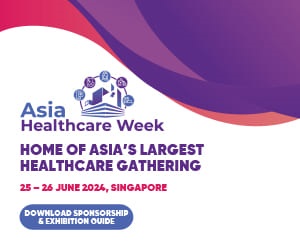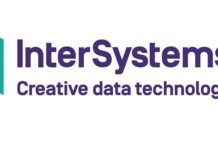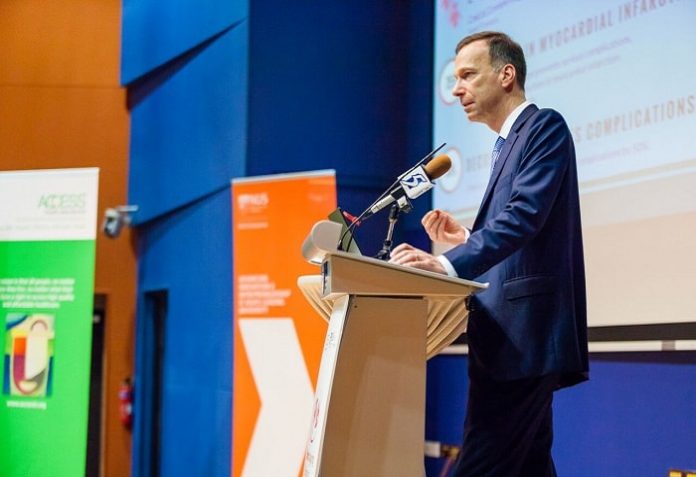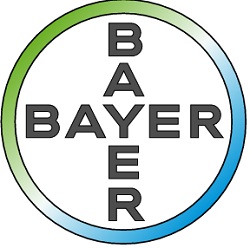Standfirst:Collaborations between academia, industry and government are increasingly creating the kinds of fertile environments where health innovation can sprout and flourish.
Singapore’s thriving entrepreneurial, start-up environment is a case in point. Singapore’s government has recognised the value of innovative thought leadership and entrepreneurial experimentation and has set about providing the infrastructure and support needed to foster them with a variety of accelerator and incubator spaces.
National University of Singapore, for example, offers NUS Enterprise, their own entrepreneurial arm for those with an entrepreneurial spirit and the drive to find innovative solutions to the world’s problems. It actively supports them by offering experiential entrepreneurial education and exposure to active industry partnerships.
Major industry players are collaborating with NUS Enterprise providing grants, mentorships, and their own open innovation programmes. A major focus of such collaborations has been the area of public health, and in particular the problems facing Singapore’s aging population which are creating a need for innovative health solutions.
Grants4Apps Singapore, a collaboration between global life-science company Bayer and NUS Enterprise is an example of this trend. A web-based crowdsourcing initiative that called for innovative health tech solutions in Singapore and across Asia Pacific to improve medication adherence in elderly people with chronic diseases, Grants4Apps received 80 entries from across the Asia-Pacific region.
Three winning teams were selected, two from Singapore and one from Thailand, each receiving a grant plus access to mentorships, incubator space, and global and regional networks to help them develop their concept ideas into working prototypes. In November, the three winning teams had completed their 100 days of mentoring and successfully demonstrated the prototypes’ viability to overcome medication adherence barriers in elderly people with chronic diseases. The prototypes were presented at the Modern Aging Finale in Singapore on 24th November.
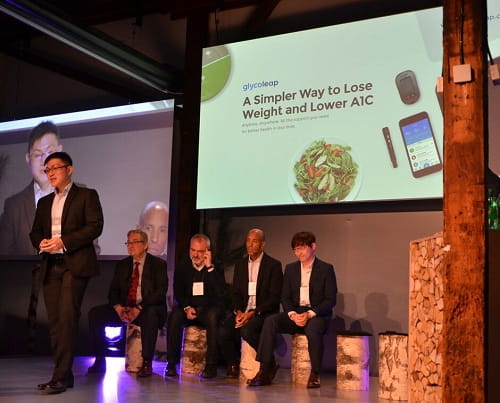
Speaking at the Modern Aging Finale, Mr Claus Zieler, Senior Vice President & Head of Commercial Operations, Bayer Pharmaceuticals Division Asia / Pacific, said, “According to the UN a quarter of Asia’s population will be aged 60 and above by 2050. That will inevitably lead to an increase in age-related conditions such as cancer and chronic heart diseases. That makes driving scientific innovation more important than ever.
We need to develop new and better medicines to address the needs of the aging population; to reduce hospitalization, improve health and well-being and increase independence of seniors. The best way to achieve that is through a multi-stakeholder approach which drives partnership across the wider community to address these public health challenges.”
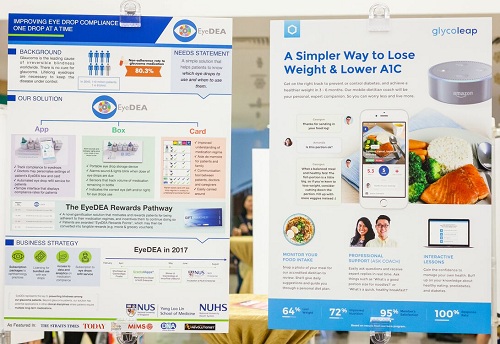
The two Grants4Apps winners presenting their working prototypes at the event were the EyeDEA team from NUS and the Glycoleap team from Holmusk.
The EyeDEA team demonstrated a three-in-one solution that will improve patient adherence to glaucoma medication, comprising a personalised visual medication prescription card, an intelligent portable storage box for eye drops, and a mobile app.
Glaucoma patients typically have complex medication regimes involving several different kinds of eye-drops that have to be taken at different times of the day and sometimes in different eyes. This often leads to medications being mixed up or forgotten. The pictures of the different medications on the wallet-size EyeDEA card improves patients’ understanding and recall of medication regimes, while the portable storage box can be programed to give visual and audible alarms to indicate when medication is due and which drops to use.
The box, which can hold up to five different medications, will even indicate which eye the drops are for. It is also WIFI-enabled so it will automatically report when medication is taken and alert the doctor and or caregiver if medication is not taken when it should have been. The third element of EyeDEA, the app, will allow patient, doctor and caregiver to monitor the box and ensure compliance and will even automatically order fresh medication when stocks run low.
“As a small team, winning the award was a great boost for us and we are delighted to have the opportunity to work with industry leaders and to collaborate with NUS Enterprise and Bayer. The mentorship and resources played a pivotal role in developing EyeDEA rapidly and we are another step closer to achieving our vision of preventing blindness from glaucoma.
Our innovation will shed valuable insights on our patients’ adherence trends and preference to their eye drops so that individualization of therapy is possible. In the future, EyeDEA has the potential to be adopted by other medical disciplines for other patients requiring multiple forms of medications,” said Tey Min Li, co-founder of EyeDEA and final-year medical student at Yong Loo Lin School of Medicine, National University of Singapore.
Although originally designed for glaucoma patients with poor eyesight the system has attracted attention from the wider medical community because of its potential to help elderly patients who often have comorbidities such as diabetes and cardiovascular disease requiring multiple oral medications.
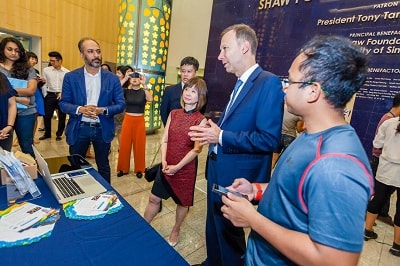
The GlycoLeap team went one better than demonstrating a viable prototype of their app designed to help diabetes patients. They have already perfected the app and launched the service in Singapore and several other countries.
The GlycoLeap app monitors Type 2 diabetes patients’ food habits, glucose readings, activity levels, weight, and medication adherence on a daily basis. As it monitors glucose level of patients on a daily basis, dieticians are able to ascertain if a patient has forgotten to take his/her medication. The GlycoLeap platform gives diabetes patients a structured, digital behaviour change program to easily monitor progress while analytics-enhanced coaches guide and support them. With a combination of technology and human intervention, the application helps to overcome the barriers of medication adherence.
The app is also fun and easy to use. One function that has proved both useful and popular among users is the meal assessment function. App users can simply snap a photo on their phones of the meal they are about to eat and send it with a brief description to GlycoLeap. The GlycoLeap team of experts will assess the meal and send back feedback and advice in real time.
Like the EyeDEA system the GlycoLeap app is also versatile and adaptable. Holmusk, the Singapore company that developed and run the GlycoLeap service, have adapted the app, at the request of the Singapore Health Promotion Board (HPB) to be used as an interactive dietary aid for overweight children. HPB are already running trials of the app in some schools in Singapore.
“From the start, we were clear that we didn’t want to develop just another health app, but a real service with data-driven human coaching to drive behaviour change for measurable health improvement. To achieve that we developed GlycoLeap to be a data and technology based approach to providing an end-to-end solution to the management of Type 2 Diabetes including food habits, activity levels, weight, and medication adherence,” said Nawal Roy, CEO and founder of Holmusk. “Winning the Grants4Apps award gave us more exposure. We had the opportunity to showcase our winning Grants4Apps concept to an international audience; including presenting it at the Digital Silver Forum in Helsinki, Finland in December 2017. Our product is already available to the public via our website and Android and iOS App Stores and such exposure will help us find the B2B partners we need to help us get our app and service into the hands of diabetes patients who need it.”
Both of the organisers, Bayer and NUS Enterprise, were pleased with the successful completion of the inaugural edition of Grants4Apps and the stimulus it gave to the innovation and entrepreneurial communities in Singapore and the region.
“Grants4Apps® Singapore is a first for NUS and Bayer in harnessing the strengths of startups from Singapore and around the region to take on challenges posed in the area of medication adherence. We are proud to have been instrumental in the entrepreneurial journeys of the teams, helping them gain market readiness and providing incubation support, industry connections and mentorship. The successful response to this call encourages us to plan for another challenge in the future,” said Dr Lily Chan, CEO NUS Enterprise.






